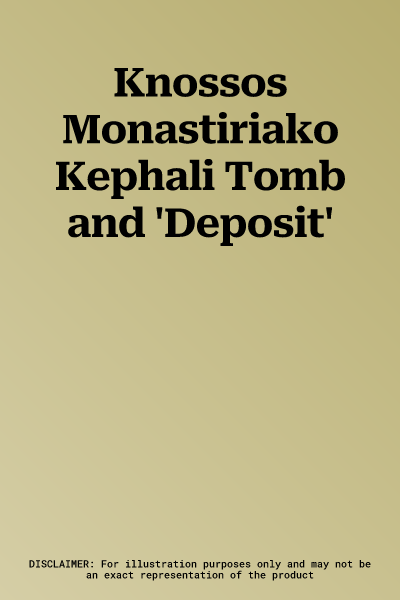Knossos Monastiriako Kephali Tomb and 'Deposit'Hardcover, 31 December 2013

Qty
1
Turbo
Ships in 2 - 3 days
In Stock
Free Delivery
Cash on Delivery
15 Days
Free Returns
Secure Checkout

Part of Series
British School at Athens Studies
Print Length
125 pages
Language
English
Publisher
British School at Athens
Date Published
31 Dec 2013
ISBN-10
0904887685
ISBN-13
9780904887686
Description
Product Details
Book Format:
Hardcover
Date Published:
31 December 2013
Dimensions:
29.72 x
20.83 x
1.65 cm
ISBN-10:
0904887685
ISBN-13:
9780904887686
Language:
English
Location:
London
Pages:
125
Publisher:
Weight:
322.05 gm